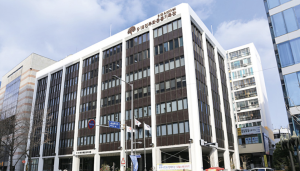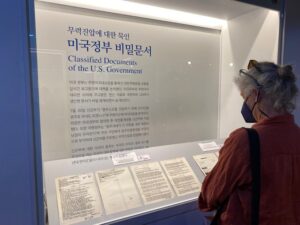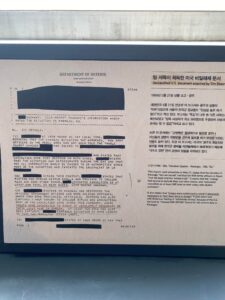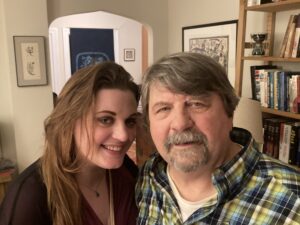The latest release of the Cherokee Files
The Korean Peninsula is tense this week over the recent sinking of a South Korean naval ship, allegedly by North Korea. Once again, the United States is strengthening its already mighty military presence in the region as a warning to…



